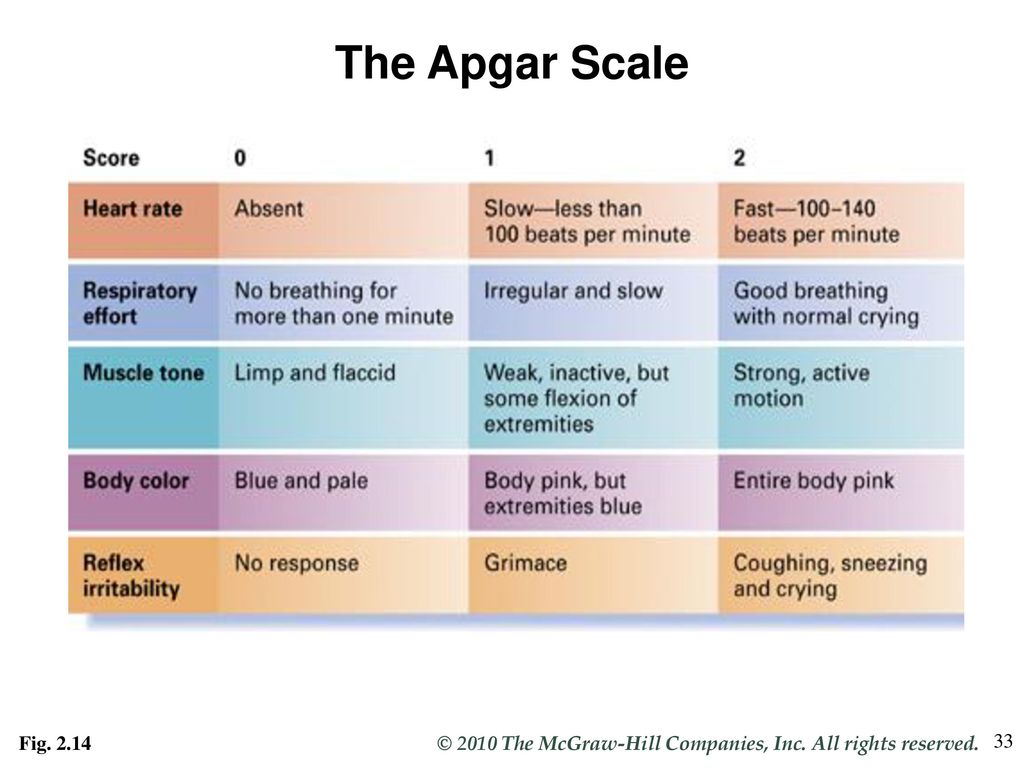How to have my child tested for a learning disability
What to Do If You Suspect Your Child Has a Learning Disability
Learning disabilities are real
According to the National Institutes of Health, they affect 15% of America’s school children. With early intervention, children with learning disabilities can learn strategies to achieve as well as other youngsters do.
If you suspect that your child has a learning disability, don’t despair. Follow a few important steps and you will be on the way to helping your child and educating yourself in the process.
Collect information about your child’s performance
Organizing information about your child will help you to monitor progress. Meet with your child’s teachers and other school personnel to understand his or her performance and attitude towards school. Observe your child’s ability to study, do homework and finish the tasks you assign at home. Keep a file of all the materials about his or her education including tests and results. Keep a record of what you notice and about your talks with professionals. This dated information will be valuable in planning for your child.
Have your child tested
Ask the school administration to provide a comprehensive educational evaluation. This will include interviews, direct observation, a review of your child’s educational and medical history, a test that will measure your child’s strengths and weaknesses, and conferences with professionals who work with your child. Either you or the school can request the evaluation, but it is only given with a parent’s written permission.
Teamwork
If the results indicate that your child has a learning disability, she or he is eligible for special educational services. You will work with a team including your child’s teacher to develop an Individualized Education Program (IEP). This is a written document that summarizes your child’s educational performance, plans the short-term educational goals and outlines annual goals. It also gives methods for measuring progress. You are a big part of this program so don’t be afraid to speak up.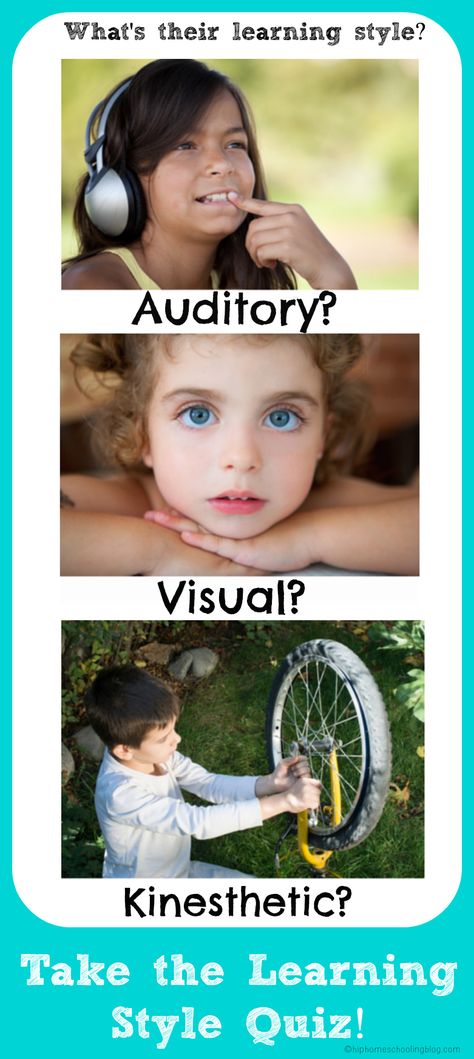
If your child does not qualify for special education, it is still important for you to work with the teacher to create an informal program that meets your child’s needs.
Find ways to help
Changes can be made in classroom routines to help children with learning disabilities. Talk to your child’s teachers about these ideas: reading aloud, allowing extra time on exams, taping lessons and using new technology.
Talk to your child about the disability
Reassure your child that having a learning disability only means that his or her mind works on words and information a little differently. It does not mean being stupid or lazy. Be honest and optimistic with your child. Explain that though learning may be a struggle he or she can still succeed.
Know your child’s strengths
Children with learning disabilities are often very smart, or good leaders, or outstanding in sports or creative areas like art or sculpture. Focus on your child’s strengths as well as helping with the difficulties.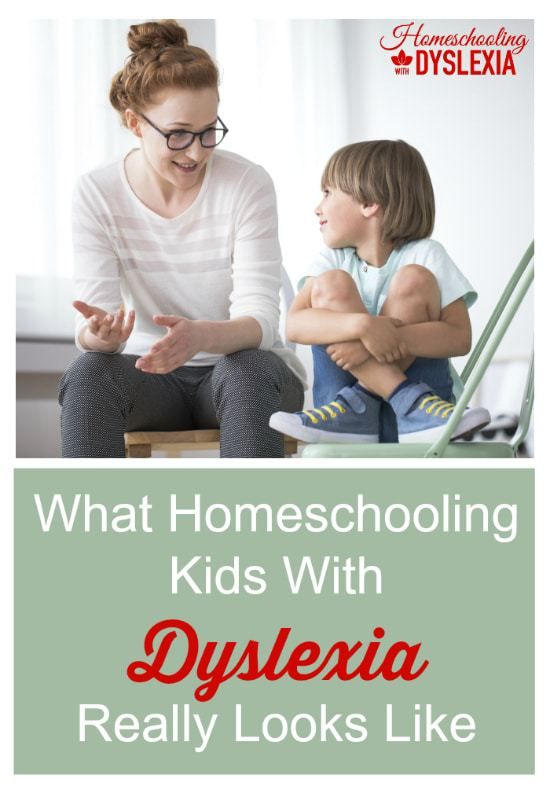 If time allows, encourage your child in after school activities.
If time allows, encourage your child in after school activities.
Work with your child at home
Help your child do homework by establishing a regular time and a specific place for it and giving lots of encouragement. Praise your child for work well done and practice good school behavior at home.
Know your legal rights
Learn about your legal rights by asking the school for a summary of them. Under the law, every child with a learning disability has the right to a “free and appropriate public education.”
Join with others
The best way to learn more about learning disabilities and to meet other parents is to join one of the groups listed here. You will get the latest information and find new ways for your child to reach their full potential.
The Coordinated Campaign for Learning Disabilities is a collaborative public awareness effort of the following organizations:
Having Your Child Tested for Learning Disabilities Outside of School
Who you choose to work with your child is a key decision.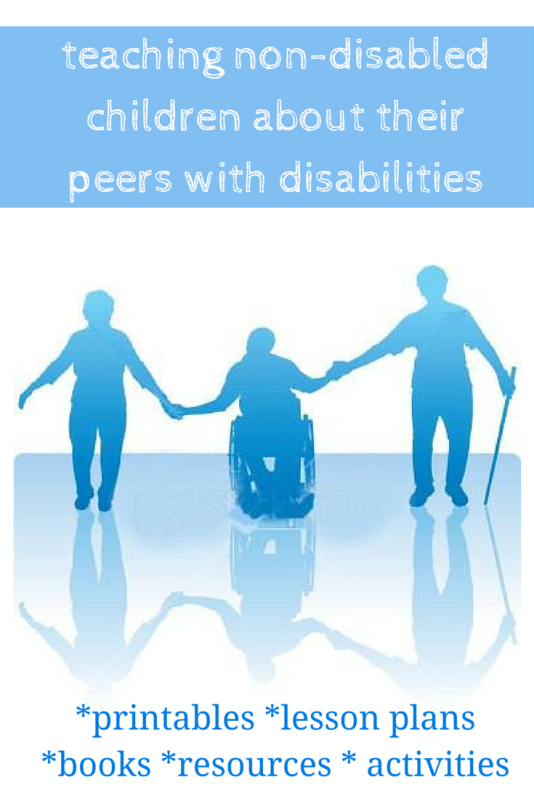 A professional who provides a good diagnosis that reveals your child has a learning disability (LD) or ADHD, for example, can be a gateway to services that open doors to learning and a more fulfilling life for a student. A good tutor can help your child learn reading strategies or catch up in school.
A professional who provides a good diagnosis that reveals your child has a learning disability (LD) or ADHD, for example, can be a gateway to services that open doors to learning and a more fulfilling life for a student. A good tutor can help your child learn reading strategies or catch up in school.
You can find the names of professionals to choose from in local phone books, from a list provided by the school, or from people you know. LD OnLine also lists professionals in its Yellow Pages.
Although you definitely want to work with someone who makes you and your child feel comfortable, that's not enough. Here are some questions to ask and points to keep in mind when deciding which professional to choose.
Are you licensed or certified?
Many professionals can suspect LD and/or ADHD, but not all of them are licensed or certified to diagnose these disorders.
When you go to a person in private practice (i.e., someone who is not employed by the school system), it's important to determine if the professional has the needed license to be in private practice and to make the diagnosis of LD or ADHD.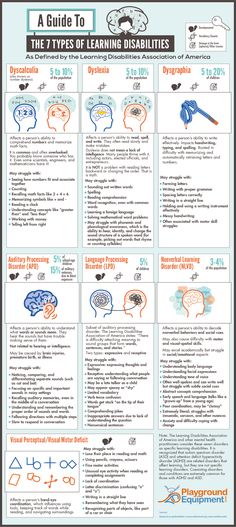 Most states require the license of psychologists, psychiatrists, social workers, and lawyers to be in clear view in their offices.
Most states require the license of psychologists, psychiatrists, social workers, and lawyers to be in clear view in their offices.
What areas do you specialize in?
Ask the person, "What is your area of expertise?" This could include learning disabilities, ADHD, speech and hearing, legal issues, behavior modification, education, emotional concerns, family counseling, and more. Consider which experience and expertise is most appropriate for your child's situation.
What age range do you specialize in?
The person could specialize in working with preschoolers, children, adolescents, or adults. It's important to choose a professional who is used to working with children of your son's or daughter's age.
What are your fees?
Ask the person what his or her hourly rate is and how an hour is defined. Some use a 45 or 50 minute hour (this is so they have time to write notes about the session). You may also want to ask whether appointments can be broken up into smaller blocks, what happens if you miss a scheduled appointment, whether there is a sliding fee scale, and if a payment plan can be set up.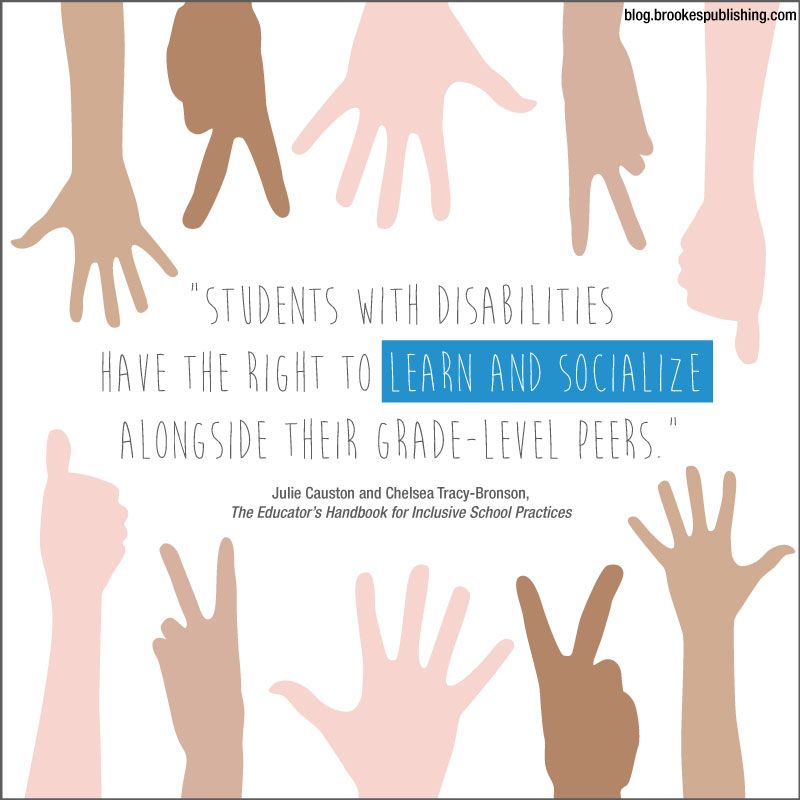
Will you accept my insurance or HMO coverage?
Not all professionals will take insurance and not all insurance will pay for the professional's fee. If money is an issue, you need to know upfront if your insurance or HMO will pay for the professional's fees and whether the professional will accept your insurance. Also ask if the office will submit bills to the insurance company or if you will need to do so.
Will I get a written report?
If you need a written report for an upcoming meeting with the school, make sure the person will be able to meet your deadline. Determine how long it usually takes to get a written report and whether the cost of the report is included in the estimated charge.
Will you coordinate with the school?
Ask if the person will go to the school for meetings if needed and how that time will be billed. Find out if the person will coordinate the work he or she is doing with your child with what your child's classroom teacher is doing in school.
What range of services do I need?
Think about whether you need someone to just do testing, whether you need someone who can also work with the school, and whether your child needs a few sessions or many.
What information can I gather to help with the diagnosis?
Look for your child's school records, work samples, past assessments, and teacher comments, all of which may help the professional gain information on how to assess or help your child.
How should I explain this to my child?
Ask the person for advice on how you can talk to your child about his or her need for testing, counseling, or educational intervention.
Do I want to interview more than one professional to determine the best one for my child's needs?
Yes. Unless you have a strong recommendation from a close friend or from the school, it is wise to interview more than one person before making a decision.
Learning Disabilities: Identifying Signs and Supporting Your Child
Learning Disabilities are severe and persistent learning difficulties in reading, spelling, writing, and math.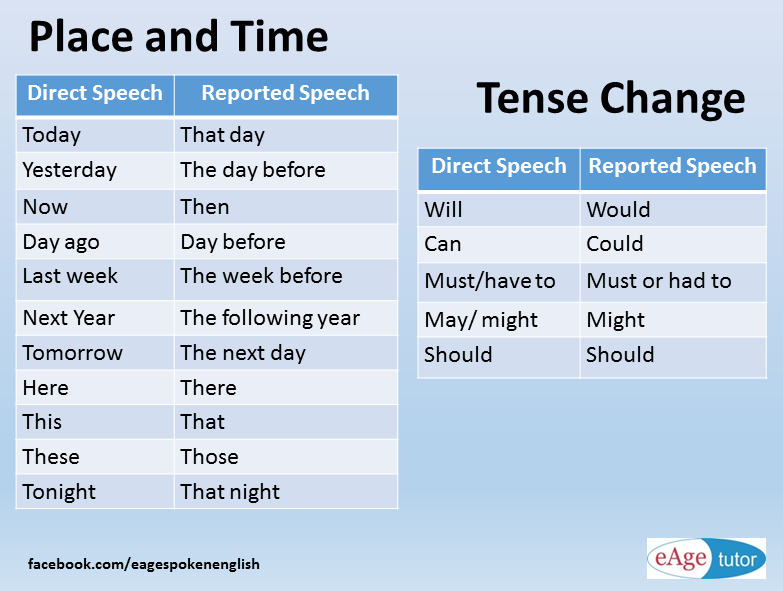 A child with a learning disability has a low level of ability in one or more of these areas. Educational abilities, age, etc. are taken into account.
A child with a learning disability has a low level of ability in one or more of these areas. Educational abilities, age, etc. are taken into account.
Learning disabilities are sometimes referred to as specific learning disabilities, learning difficulties, specific learning difficulties and dyslexia. nine0005
Learning disabilities should be assessed and diagnosed by professionals.
Causes of learning disabilities
We do not yet fully understand the exact causes of learning disabilities. But we do know that when a child is unable to learn, parts of his/her brain experience difficulty processing information - this is called "neurological processing difficulty".
General "processing difficulties" include difficulty processing sounds in words or problems remembering unrelated pieces of information, such as a new list of numbers or letters. nine0005
Learning disabilities are associated with certain genes and can be inherited. If other members of your family have problems with reading or spelling, or have been diagnosed with a learning disability, chances are that the next generation of children may have the same problems.
Signs of a learning disability
If you think your child may have a learning disability, look for some common signs. Having one or more of these does not mean that your child definitely has a learning disability. But if you're worried, it's a good idea to talk to your child's teacher or family therapist. nine0005
If your child has a learning disability, he/she:
- does not like to read and/or has difficulty reading;
- has trouble writing common words;
- it is difficult to distinguish sounds and syllables in words;
- can come up with many interesting ideas, but finds writing them down difficult and slow;
- may have sloppy handwriting;
- is not very confident in school work.
Diagnosis of Learning Disabilities: Steps to Take
Talk to your child's teacher
If you are worried that your child is having trouble at school and may have learning disabilities, you can start by talking to your child's teacher.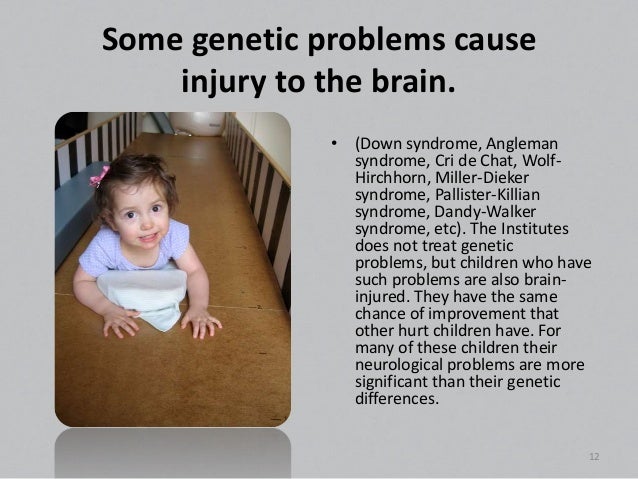
You can ask questions about how well your child is doing in reading, writing and math. It may also be worth talking about the teacher's impression of your child's self-esteem and his/her involvement in learning.
The teacher can test your child and discuss the results with you. This can help you understand if there is any pattern in the occurrence of problems. nine0005
Request an assessment
If you are still concerned, ask for a formal assessment at your school.
At this stage, you can involve a speech therapist or psychologist. They will help to check all possible causes. If you have to wait a long time or the assessment is not available at your school, you can make an appointment with a specialist in private, but you will have to pay for this.
It is important to see a GP to check your child's vision and hearing. In this way, you will rule out problems in these areas as the cause of your child's difficulties. nine0005
How to tell your child about learning disabilities
Children with learning disabilities cannot do things like reading as easily as their peers. This can lead them to think of themselves as "stupid" or "stupid".
This can lead them to think of themselves as "stupid" or "stupid".
Telling a child that he has learning problems will help him overcome this way of thinking. You can tell your child that a learning disability means their brain processes information differently, but that's doesn't mean he's not as smart as the other kids.
Your child's psychologist or speech therapist can give you advice and help explain to your child what a disability is in a way that he/she can understand.
You can also highlight the positive things your child can do to live and learn with a learning disability. You might mention that many truly successful people have learning disabilities.
Helping your child with learning disabilities build resilience and self-esteem
Children with learning disabilities may suffer from low self-esteem. They are also at higher risk of dropping out of school if the disability is not identified in time.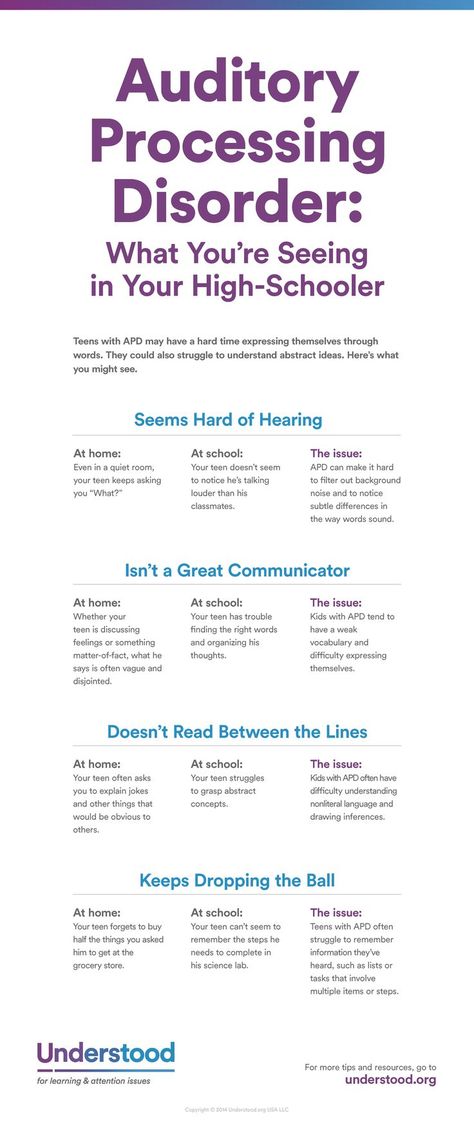
This means it's important to identify learning problems early and help your child build resilience. Resilience is the ability to overcome challenges and setbacks. It is an important life skill for all children, especially those with learning disabilities. nine0005
To help your child be resilient and feel positive about their abilities and disabilities, you can try the following suggestions.
Be a role model
You can be a role model for your child by being positive, assertive and persistent. For example, if you baked a not-so-delicious cake, you might say, “It doesn't matter. I'll try a different recipe next time." Or, if you get negative feedback at work, you might say, "This is hard to hear, but I can also learn from this." nine0005
fun and encouragement
- Always praise your child for what he/she decides to do.
- Mark your child's abilities and achievements by pointing out non-academic things in which he/she excels.
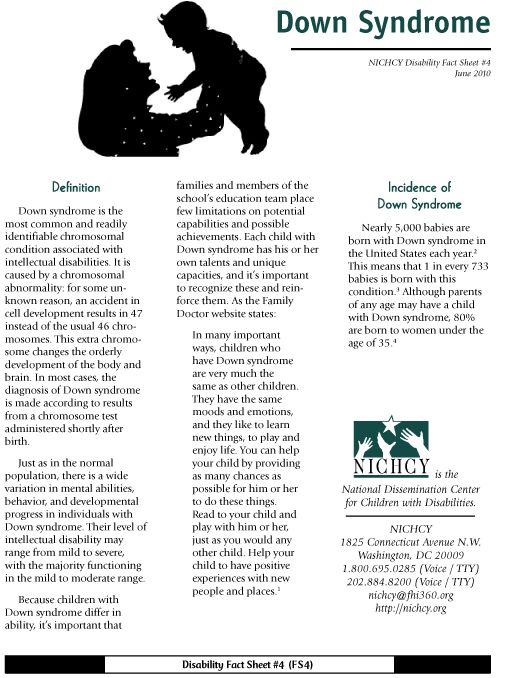 It can be sports, music, drama, kindness and friendliness, or being a great cook.
It can be sports, music, drama, kindness and friendliness, or being a great cook. - Encourage your child to see the positive things in his/her life and see that learning difficulties are only a small part of who he/she is. nine0028
- Encourage the child to decide what he/she needs to overcome difficulties - for example, do written instructions and diagrams help, or does he/she prefer verbal ones?
- Take time to be with your child, listen and have fun together. This tells him/her that he/she is special, important and worth spending time with.
- Encourage your child to try new things. Understanding that he/she can study hard will help your child keep going when he/she is having a hard time. nine0028
Responsibilities and Expectations
- Give your child the opportunity to take on family responsibilities, make decisions and choices for themselves. Feeling in control is a powerful motivator for boosting self-esteem.
- Be supportive, but don't overdo it, in protecting your child.
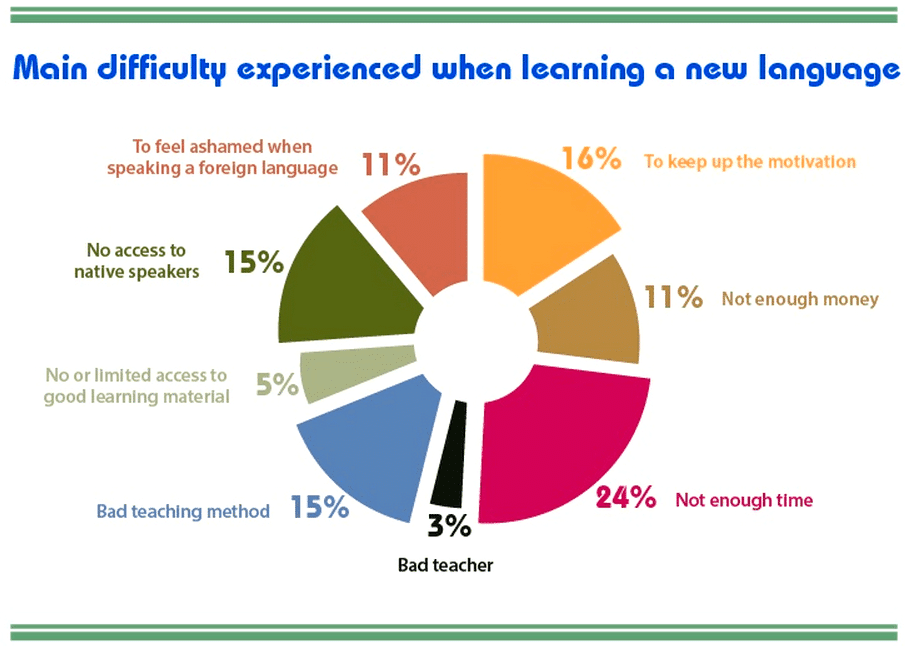 You can do this with the expectation that your child will try their best and complete tasks like homework despite the added challenges. nine0028
You can do this with the expectation that your child will try their best and complete tasks like homework despite the added challenges. nine0028 - Give your child the opportunity to try something new, such as cooking, chess or photography. Doing these activities with your child is a good way to make sure your child succeeds and has fun learning new skills.
Getting extra support for people with learning disabilities
Extra support can give your child the best chance of success in school. If health professionals recommend additional support, you will need a professional, documented assessment to prove your child is eligible for things like extra exam time, learning from a reading expert, or special computer software. nine0005
There are many different types of out-of-school support for children with learning disabilities, including help from specialized tutors. The best support for your child will depend on his/her ability to learn.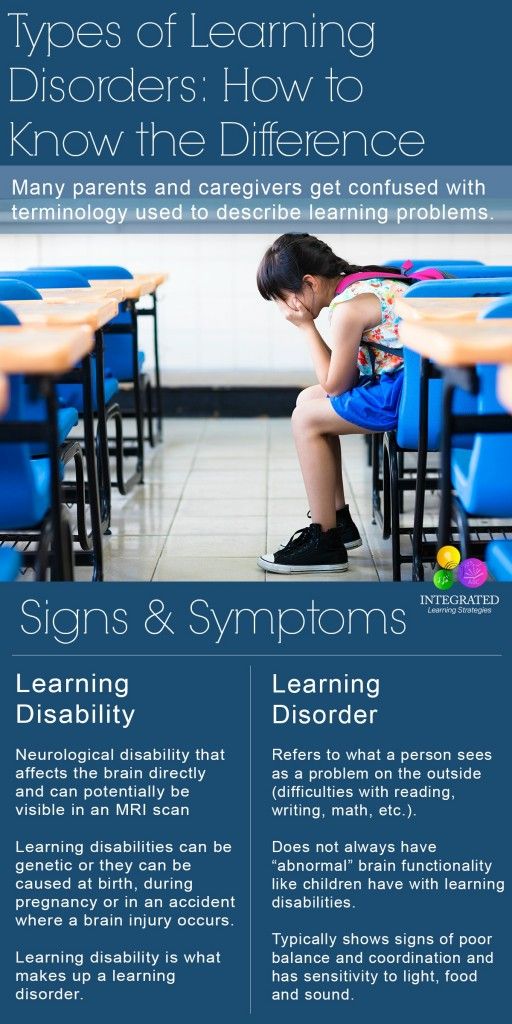 You can talk to the teacher or other professionals working with your child to find out what is best for your child and your family.
You can talk to the teacher or other professionals working with your child to find out what is best for your child and your family.
You may need to try several different types of support before you decide what is right for your child and family. It will also show your child how to be persistent and not give up.
How do I know if my child has dyslexia / Learning Disabilities
Dyslexia is a reading and writing learning disorder that has a neurobiological origin. This is a condition that has as its main characteristic significant difficulty in developing reading skills and has no other causes such as vision problems, age, or poor schooling. Children who suffer from this type of disorder have difficulty understanding what they read, recognizing words, orally expressing written texts, and completing tasks. The detection of this type of condition should be done as quickly as possible in order to start treatment and not continue to develop. nine0005
If you are worried about your child because you suspect that you may have this type of disorder but are not entirely clear, there are things you can take into account to help your early detection. That's why in this Psychology-Online article: How to know if my child has dyslexia . We are going to give you a series of tips so that you can detect it as soon as possible.
That's why in this Psychology-Online article: How to know if my child has dyslexia . We are going to give you a series of tips so that you can detect it as soon as possible.
You may also be interested in: My child has learning problems, how can I help? index
- How do I know if my child has dyslexia? Guidelines to follow
- Symptoms of dyslexia in children
- How to detect dyslexia in school age
- Late detection of dyslexia in adolescents
How do I know if my child has dyslexia? Guidelines to follow
Although disorders such as dyslexia cannot be diagnosed at an early age because it requires comparing a child's reading level from at least one year to the next, usually between the first and second grades of elementary school . You can always help prevent certain symptoms from occurring. Here are some tips to help you know if your child is dyslexic..
- Learn more well about this disorder.
 The first and most important thing is to fully inform you about dyslexia. This includes knowing exactly what it is, what causes it, what its symptoms are, how it should be treated, etc.
The first and most important thing is to fully inform you about dyslexia. This includes knowing exactly what it is, what causes it, what its symptoms are, how it should be treated, etc. - It is good to know what the symptoms of dyslexia are. First of all, be clear about the specific symptoms of dyslexia so you don't confuse them with another type of illness and so you can better identify the problem your child presents. nine0028
- Pay attention to your child's behavior. Dedicates a certain amount of time every day to carefully observe the child and takes note of the attitude that attracts your attention and causes anxiety. Be aware that dyslexia can cause not only literacy problems, but other related problems such as poor spelling, speech, difficulty following instructions, and a direct impact on interactions with other children..
Symptoms of Dyslexia in Children
As I mentioned earlier, it is necessary that you know what specific symptoms of dyslexia are so that you can detect it.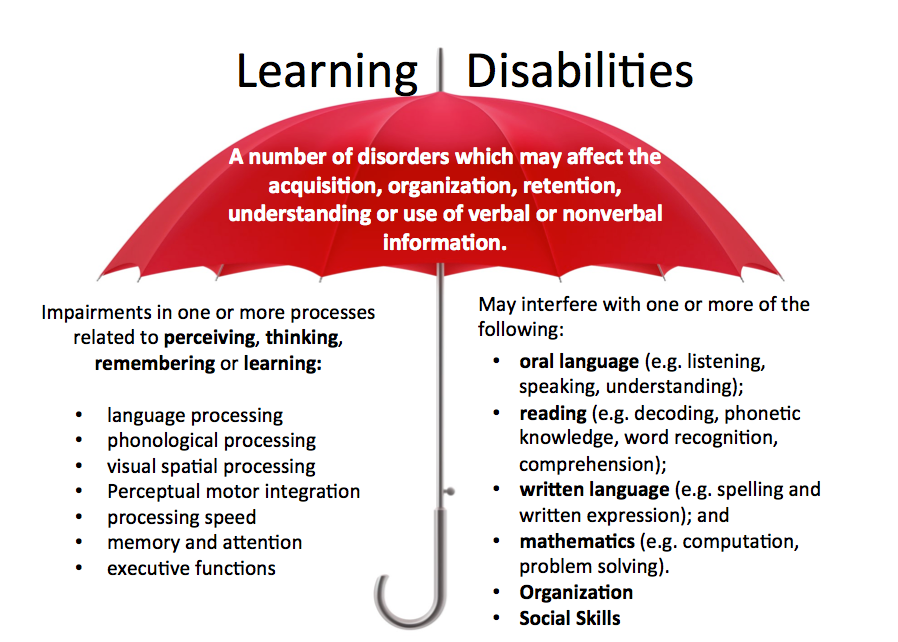 Pay attention to them because if you notice your child showing them, you can help prevent them early. ¿How do I know if my child has dyslexia? Here we will show you which are the main symptoms that a child with dyslexia has .
Pay attention to them because if you notice your child showing them, you can help prevent them early. ¿How do I know if my child has dyslexia? Here we will show you which are the main symptoms that a child with dyslexia has .
Suspect factors before school age: first symptoms
- They start talking late .
- They are confused when it comes to verbal words that have similar pronunciations.
- Difficulty in learning new words
- Difficulty in self-expression
- difficulty identifying letters
- When there were problems with literacy in the family history
- time and/or confusion to distinguish the left side from the right. nine0028
- Delay to learn numbers, colors, days of the week, among other things.
- Difficulty learning new procedures and following instructions.
- They lack concentration and begin to increase their activity as well as their level of impulsivity.
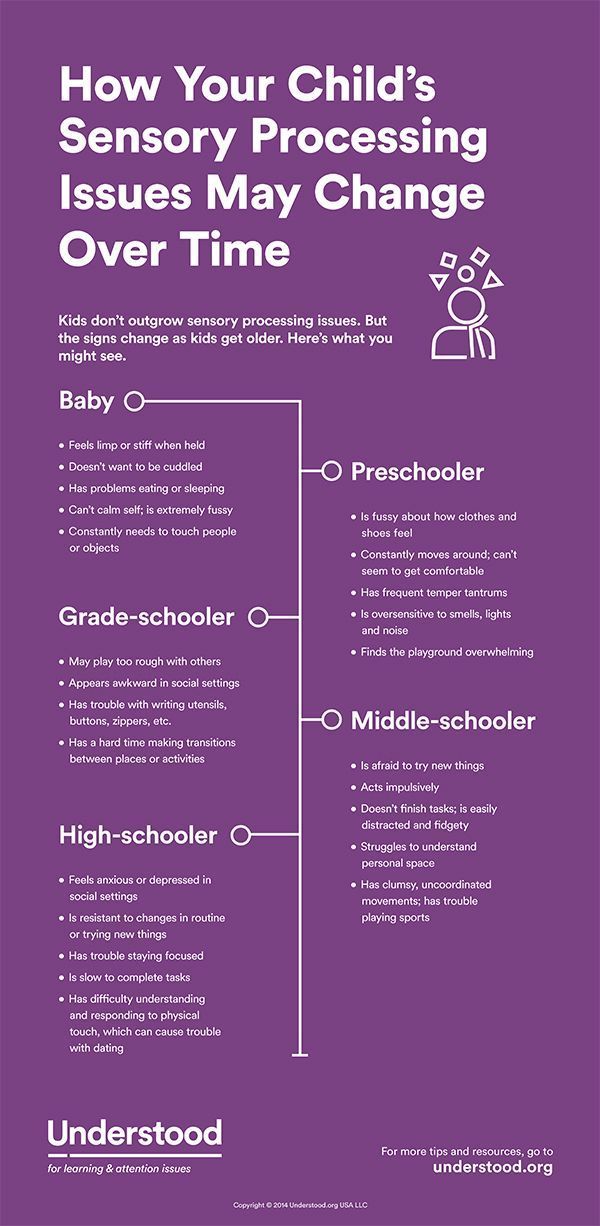
- Problems to maintain balance
- Difficulty holding a pencil correctly
- Problems regarding their social skills
How to detect dyslexia at school age
Between the ages of 7 and 11, you should already know if your child has dyslexia or not. The main and most obvious symptoms he presents are as follows:
A. Problems with reading
- His reading level is very poor compared to his age
- He presents many errors when it comes to reading, and for this a lot of work is required
- It has great difficulty to associate letters with their corresponding sounds and learn to pronounce new words.
- Problems deciphering words that are in isolation
- Difficulty reading strange words or any text with no meaning
- The order of letters usually changes, as well as the order of numbers
- his reading is very slow and slow
- On phonological tests you get poor results
- Difficulty in learning other languages
B.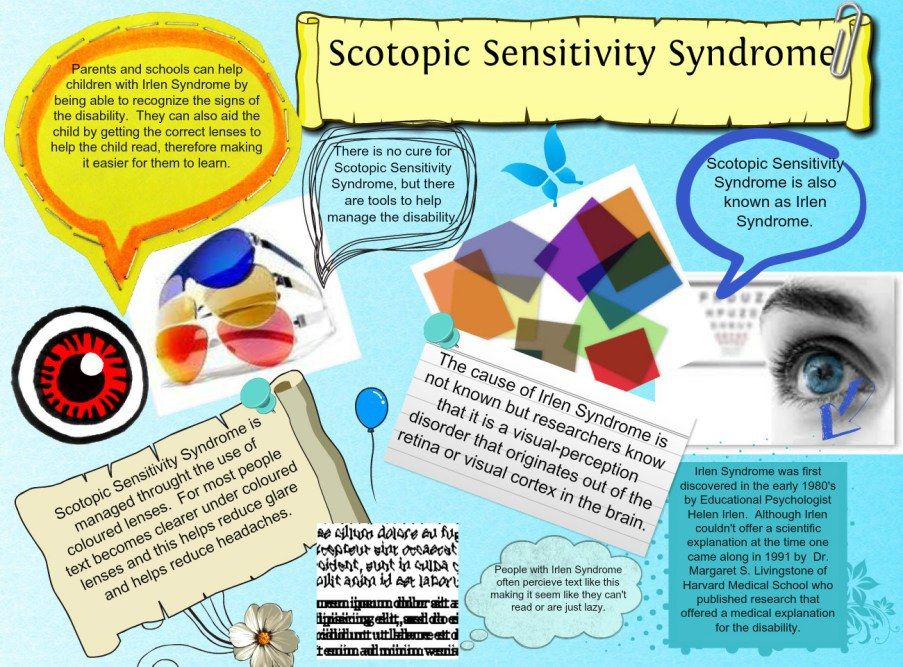 Problems with writing
Problems with writing
- Write in a mirror as it tends to confuse left and right
- Often inverts the order of numbers, letters and words
- This represents very poor spelling
- He cannot properly structure and organize thoughts so his grammar is deficient8
- He has bad handwriting and writes randomly, that is, he does not keep order and does not respect the margins.
C. speech problems
Although children with dyslexia usually express themselves better orally than in writing, they often have the following difficulties:
- They find it difficult to change words they pronounce incorrectly into correct ones. That is, they are so accustomed to the wrong ones that when they want to correct them in order to get used to pronouncing others, it is difficult for them to do so.
- They have some difficulty for to name the numbers
- Sometimes they have a hard time finding the right word according to the context, so they look for synonyms and don't always get it right.
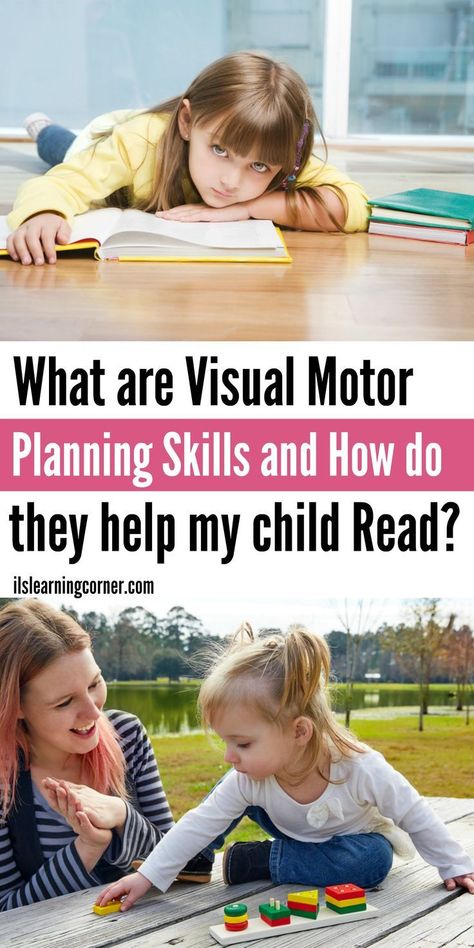 .
.
D. Problems with math and time compression
- Difficulty doing certain math operations
- He cannot understand math problems even though he can perform arithmetic operations
- It does not
- handle money properly
- He has great difficulty using his watch correctly, as well as learning to control his time and perform tasks that require time sequence..
- It costs a lot of work to learn the multiplication tables and also use them in your daily life.
- It is difficult for him to find in time , that is, to know what time it is, what day, year, month, etc.
E. problems with coordination problems, but in most cases this is common. Here are some of them:
- Difficulty holding Correct pencil or scissors
- He is clumsy in terms of coordination, so tends to have a few accidents
- Has bad lyrics because he has poor coordination
- You cannot perform certain movements such as cycling, jumping, playing ball, etc.
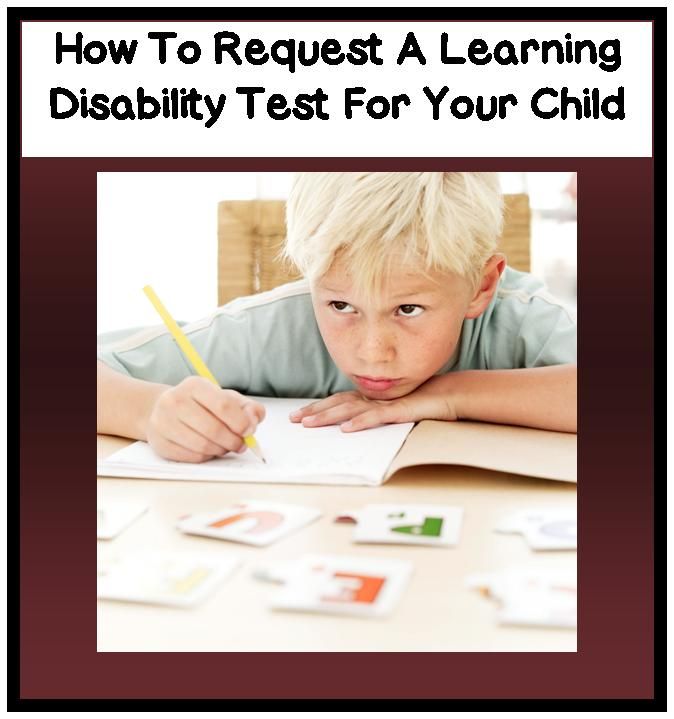
If you think you have these symptoms, we recommend that you take note of these 10 exercises to detect dyslexia
Late detection of dyslexia in adolescents
If dyslexia is not yet diagnosed at 12 years old, the teenager will have serious problems that will be very difficult to eradicate. That's why Early detection of this problem is extremely important even if we're not entirely sure it's a disorder like this.
The symptoms that an adolescent will show at this age or older are as follows:
- major trouble concentrating while reading or writing0028
- Due to Problems with compression when reading , there will be problems with his immediate memory when he cannot remember what he just read
- Problems adequately interpreting what he read
- Difficulty organizing your thoughts when speaking or writing
- Complexity organizing your workspace and the materials you use for it
- Inability to organize your time, have tasks ready, and learn how to plan exams
- He usually does his homework or work done in class with slowness
- It takes a lot of work to adapt to new environments
- Low self-esteem due to the learning difficulties it presents, among other difficulties associated with
- Does not have well developed social skills
- Fails when trying to read or do a math problem for fear of making a mistake
- He presents his first symptoms of anxiety or depression.


